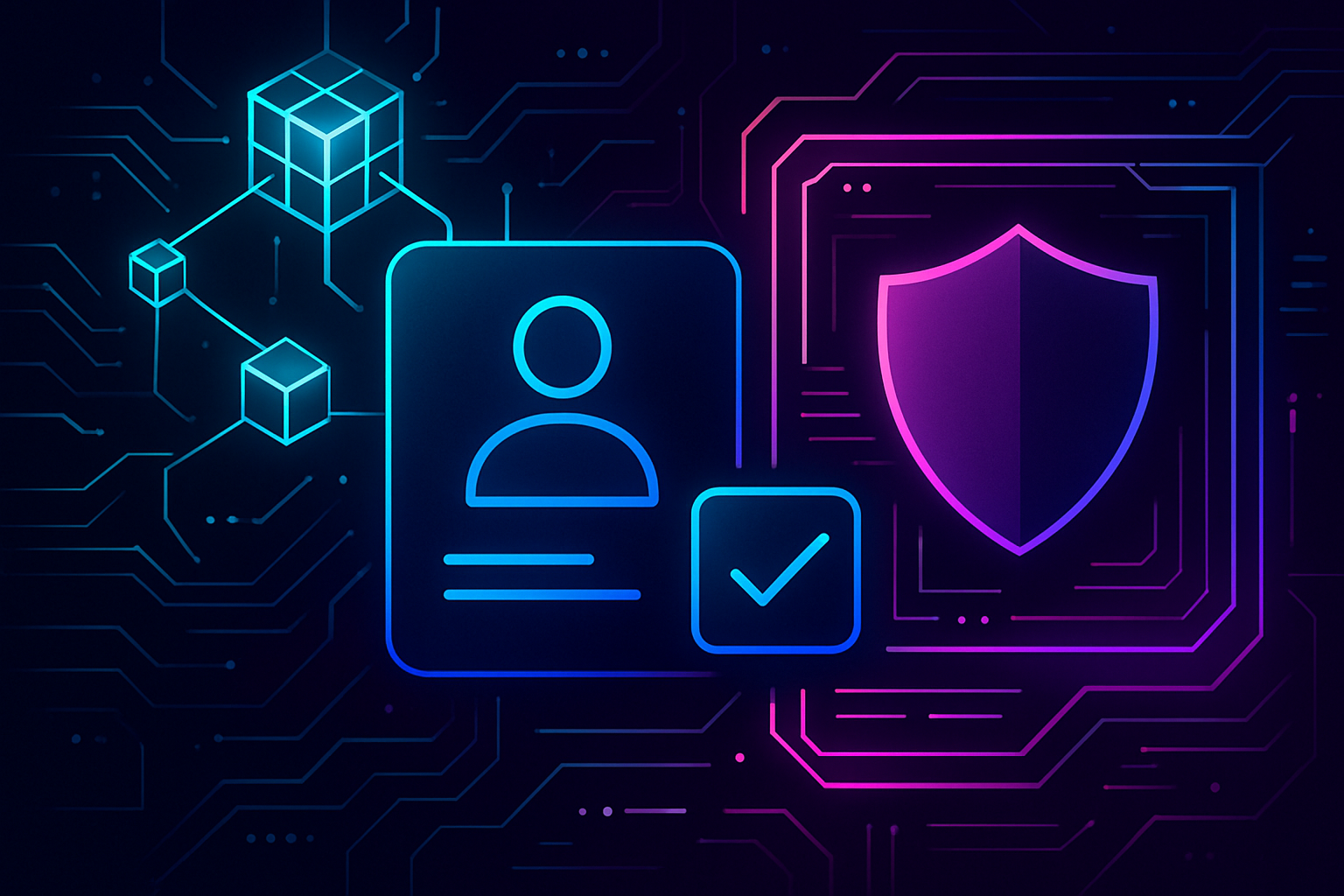
As decentralized applications (dApps) and token sales proliferate throughout the Web3 ecosystem, allowlist managers are under increasing pressure to balance regulatory demands with seamless user experience. Traditional Know Your Customer (KYC) procedures often introduce friction, relying on repetitive manual checks and centralized storage of sensitive data. Onchain attestations, cryptographic proofs recorded directly on blockchain networks, are emerging as a transformative solution for KYC compliance. By enabling verifiable, privacy-preserving identity credentials, these attestations streamline access control and bolster trust across Web3 platforms.

Onchain Attestations: The Foundation of Decentralized KYC
Onchain attestations function as digitally signed statements about a user’s identity or compliance status, stored immutably on the blockchain. After a user completes KYC verification with a trusted provider, an attestation is issued to their wallet address. This credential can be referenced by any smart contract or dApp that requires proof of compliance, eliminating the need for repeated checks and accelerating onboarding.
The move toward onchain KYC is being driven by advances in privacy technology and industry standards. For example, zero-knowledge proofs (ZKPs) allow users to prove they meet compliance requirements without exposing underlying personal information. Initiatives like Blockpass’s On-Chain KYC® 2.0 and IOTA’s Tokenized KYC demonstrate how privacy-preserving attestations can be both regulatory-compliant and user-friendly.
KYC Compliance Reimagined for Allowlist Managers
For allowlist managers, those responsible for controlling access to token launches, gated communities, or exclusive NFT drops, the appeal of onchain attestations is clear:
Key Benefits of Onchain Attestations for Allowlist Managers
-
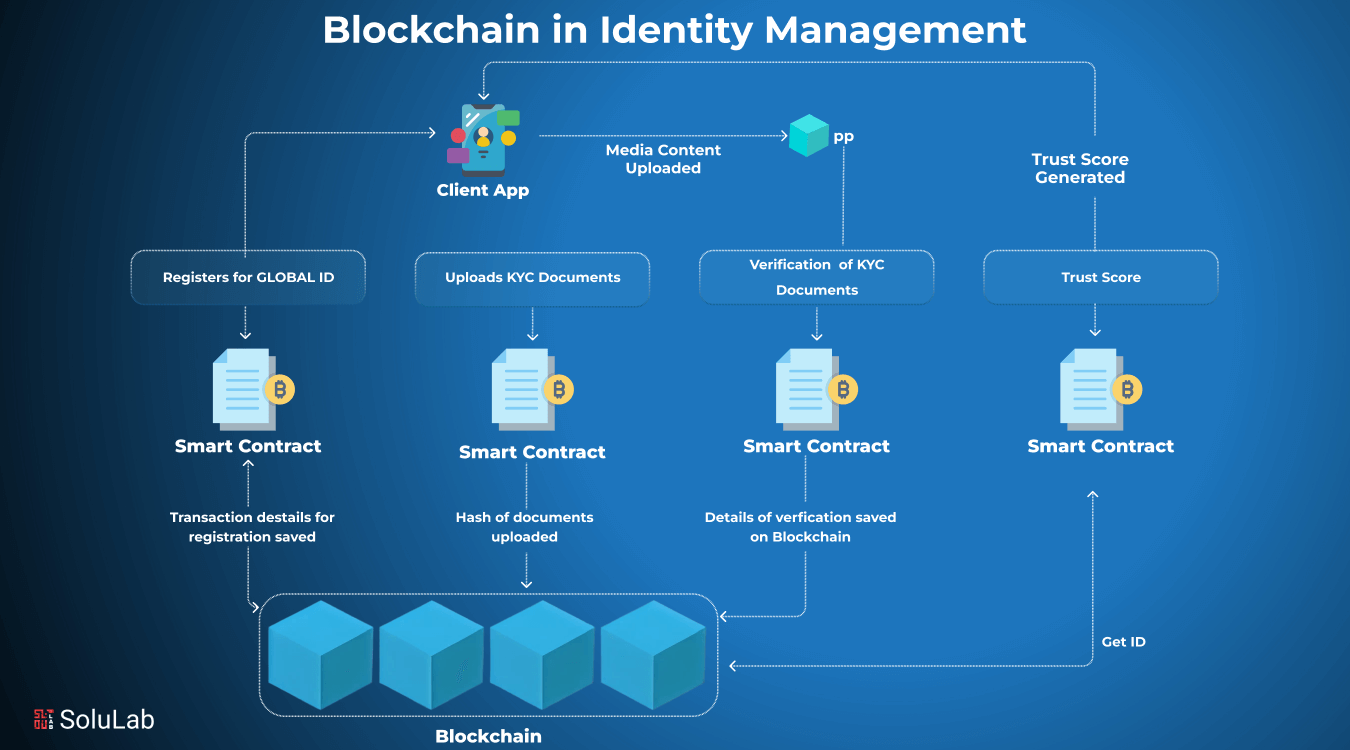
Streamlined KYC Verification: Onchain attestations allow users to complete KYC once through a trusted provider (like Blockpass or Attest Protocol), issuing a blockchain-based credential that can be referenced by any dApp—eliminating repeated verifications and accelerating onboarding.
-
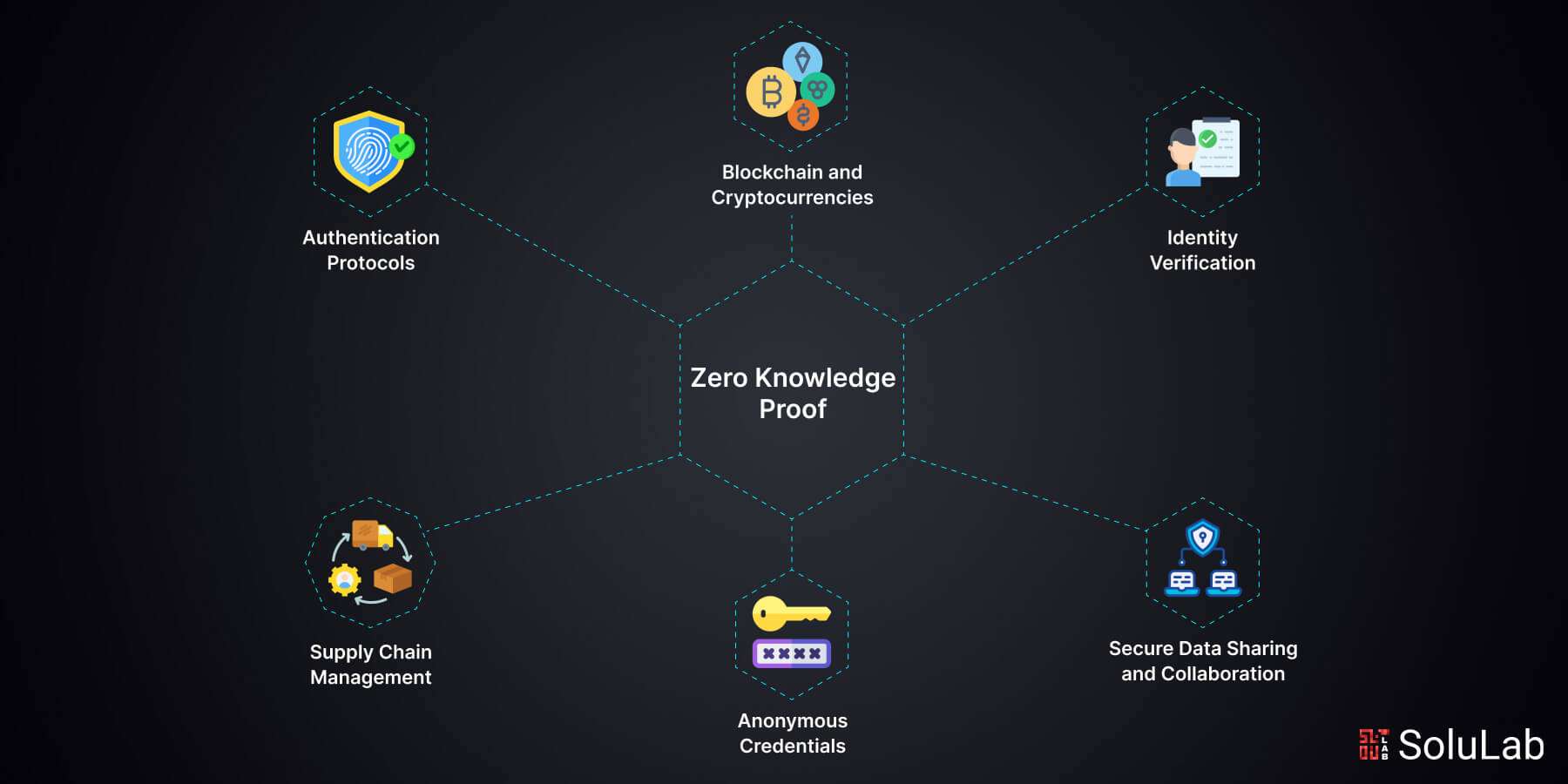
Enhanced Privacy with Zero-Knowledge Proofs: Solutions such as zkMe use zero-knowledge proofs (ZKPs) to confirm user compliance without revealing sensitive personal data, aligning with privacy regulations and user expectations.
-
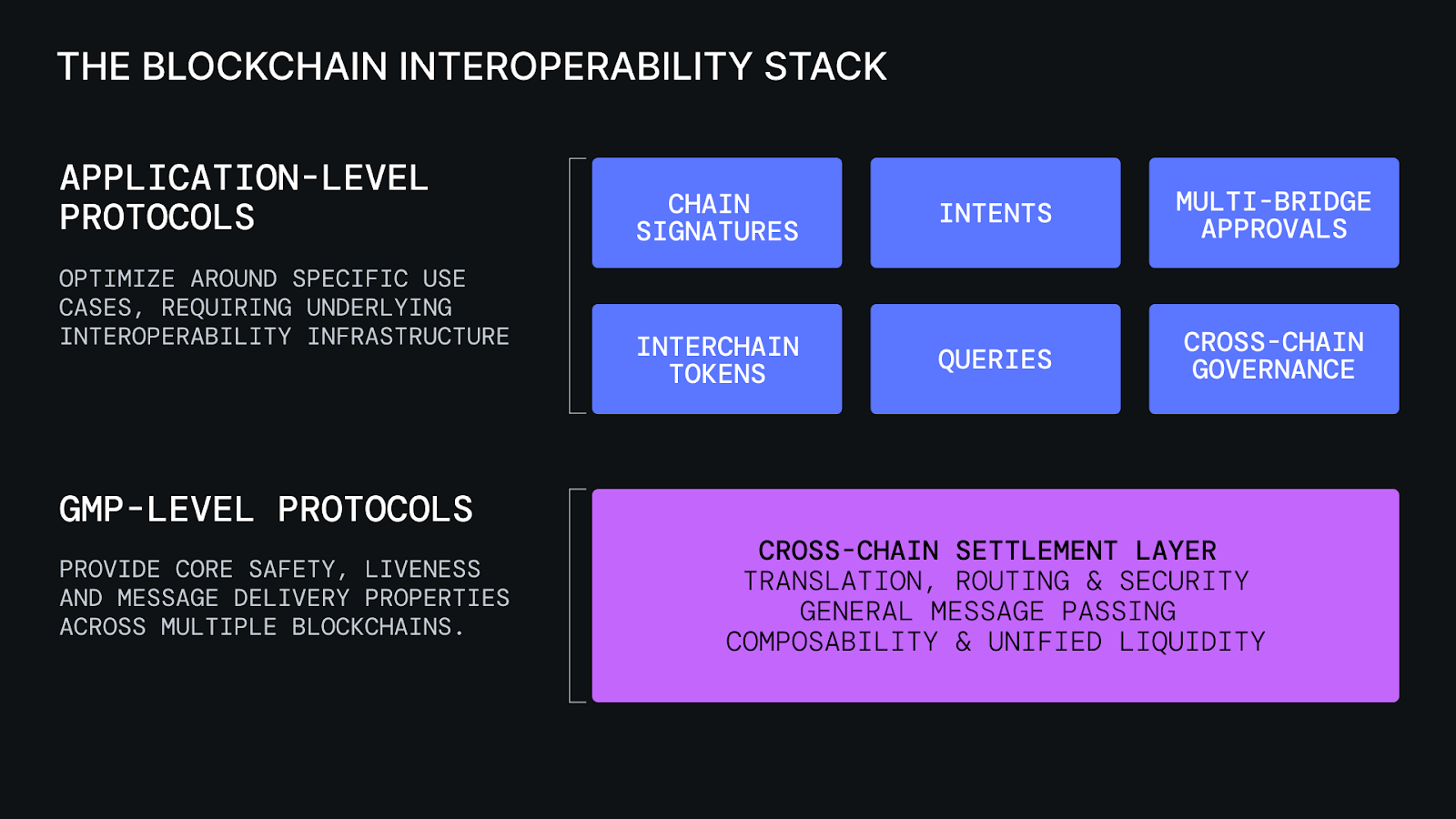
Interoperability Across Platforms: Onchain attestations are blockchain-agnostic, enabling credentials to be recognized by multiple dApps and services, reducing redundancy and supporting a cohesive Web3 ecosystem. Platforms like Altme demonstrate this by allowing KYC credentials to be used across various blockchains.
-
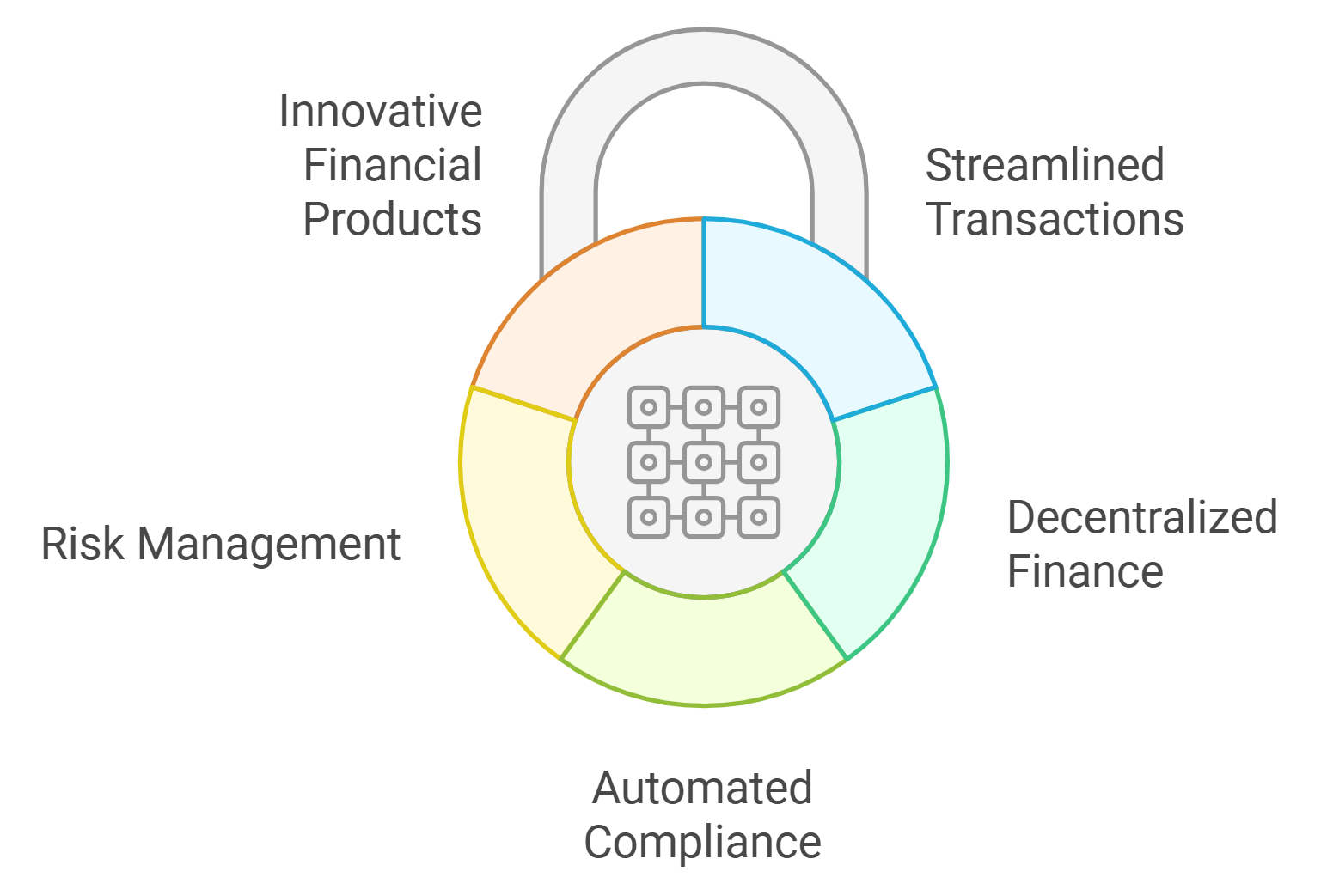
Reduced Operational Overhead: By automating KYC checks and storing attestations on-chain, allowlist managers can minimize manual review, lower compliance costs, and focus resources on core operations.
-

Improved Security and Tamper Resistance: Storing attestations on blockchain ensures records are immutable and auditable, reducing the risk of data tampering or unauthorized access compared to centralized databases.
Efficiency: Users complete KYC once and reuse their attestation across multiple projects, reducing onboarding time from days to minutes.
Privacy: Sensitive data remains off-chain; only proof of verification is shared.
Security: Decentralized storage minimizes risks associated with data breaches.
Interoperability: Standards-based attestations work across chains and platforms.
This paradigm shift is already visible in projects such as Attest Protocol, which offers schema-based attestation systems that developers can integrate with minimal code changes. Similarly, Altme‘s decentralized identity wallet allows users to mint compliance NFTs after a single verification process, enabling frictionless participation in token sales or DAOs without sacrificing privacy.
The Role of Zero-Knowledge Proofs in Privacy-Preserving Attestations
The integration of zero-knowledge proofs (ZKPs) marks a turning point for decentralized identity solutions. With ZKPs, users can cryptographically demonstrate that they have completed KYC checks, such as age or residency verification, without revealing any additional information to the verifier or third parties. This approach aligns with global data protection standards while ensuring that only eligible users gain access to restricted services.
Platforms like zkMe are pioneering this space by partnering with exchanges and DeFi protocols to deliver seamless yet compliant onboarding flows. As regulatory scrutiny intensifies worldwide, the ability to prove eligibility without overexposing personal data will become essential for both users and project teams alike.
Looking forward, the adoption of onchain attestations is poised to reshape the landscape of KYC compliance in Web3. As more allowlist managers recognize the operational and reputational advantages, we’re seeing a shift from patchwork solutions to standardized, interoperable frameworks. This trend is accelerated by collaborative efforts between compliance technology providers and blockchain projects, ensuring that best practices for privacy and security are baked into the core of decentralized identity attestations.
One notable development is the standardization of attestation schemas, which enables dApps and smart contracts to recognize KYC credentials regardless of the issuing provider or underlying blockchain. This interoperability not only simplifies integration for developers but also empowers users to port their digital identities across ecosystems, eliminating repetitive verifications while maintaining control over their personal data.
Real-World Impact: Token Sales, DAOs, and Beyond
The practical benefits of onchain attestations are increasingly evident in high-stakes Web3 scenarios. For token sales and initial DEX offerings (IDOs), allowlist managers can instantly verify participant eligibility using onchain credentials, dramatically reducing administrative overhead and mitigating regulatory risks. In decentralized autonomous organizations (DAOs) or gated NFT communities, these attestations facilitate transparent governance by ensuring that only verified members can access voting rights or exclusive content.
Moreover, privacy-preserving attestation models address mounting user concerns around data sovereignty. By decoupling identity verification from centralized storage, and leveraging cryptographic proofs, projects can comply with evolving regulations such as GDPR or FATF guidelines without compromising user trust. As a result, onchain attestations are not just a technical upgrade; they represent a fundamental shift toward self-sovereign digital identity in the Web3 era.
Key Considerations for Implementation
For teams considering integration of onchain KYC solutions, several best practices emerge:
- Select standards-based protocols: Choose attestation frameworks that support widely adopted schemas for maximum interoperability across dApps and blockchains.
- Prioritize privacy: Ensure your solution leverages ZKPs or similar cryptographic techniques so users never need to share sensitive personal data with third parties.
- Stay agile with compliance: Monitor regulatory developments closely; select partners who update their processes in line with new requirements for digital identity and anti-money laundering (AML) rules.
The future of KYC compliance is one where user experience and regulatory assurance are no longer at odds. Onchain attestations offer a path forward, one that is efficient, secure, privacy-centric, and ready for cross-chain innovation.






